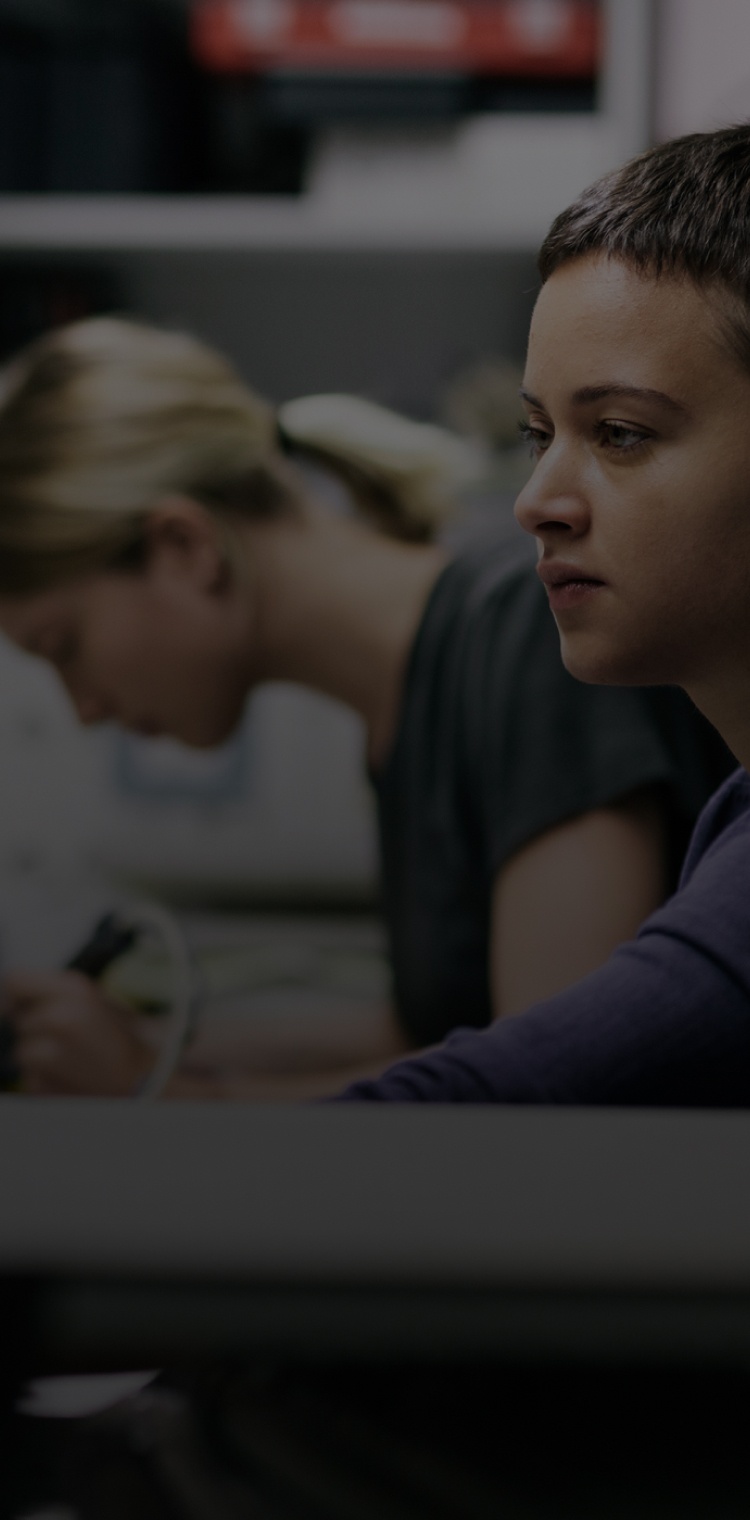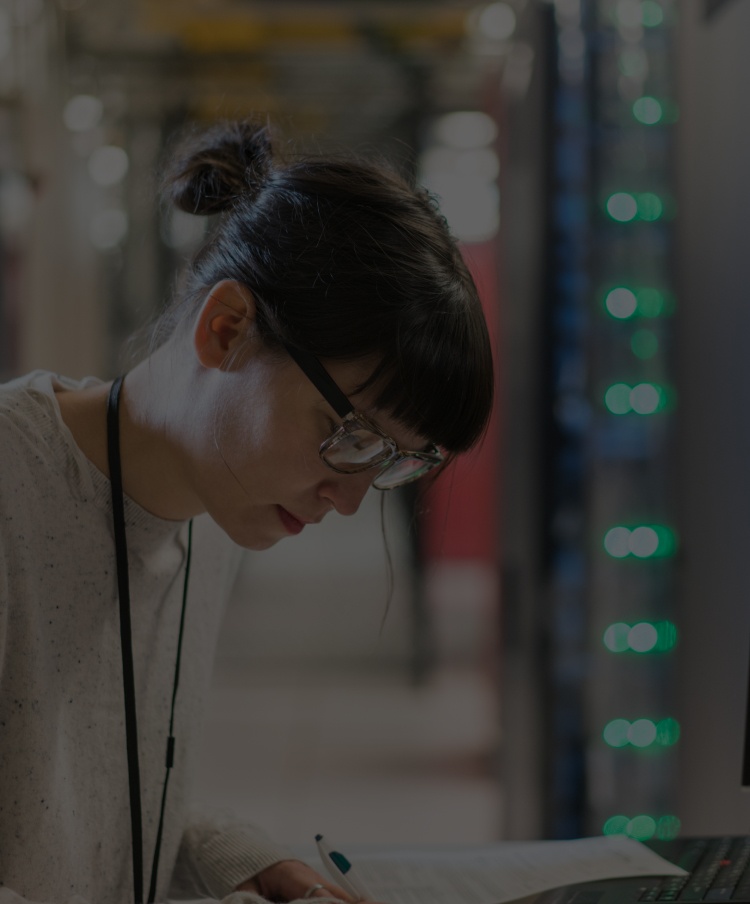

More Advanced Computing into STEM R&D
We advance STEM R&D through the thoughtful use of modern tools such as optimization techniques and machine learning that make possible new levels of ambition, scale, and efficiency. Most of our work in this area takes place through the Schmidt Futures Virtual Institutes of Science, which focus scientists from across disciplines and locations towards solving hard problems together in a time bound manner.
Virtual Earth System Research Institute (VESRI)
VESRI provides sustained funding and embedded technical expertise to transformational research pertaining to climate change, focusing on areas of climate research primed to take advantage of the current, rapid evolution of computational technology and observing platforms. Ultimately, the institute aims to improve global climate models in time for them to be used to support decisions on climate mitigation and adaptation.


Our impact
The VESRI program’s impact in the world includes:
Virtual Institute of Astrophysics (VIA)
A new era of astronomical research is opening because of new computational approaches (including real-time data and use of ML and related techniques), new instruments and new sources of massive data. VIA is a distributed research center in astrophysics that aims to expand our knowledge of the universe through advanced computing and the development of better and cheaper equipment. VIA supports both ground-based and space-based astronomy through platforms, shared access to data, and support to talent from which the entire field of astronomy will be able to benefit.
Learn moreThe Ocean Biogeochemistry Virtual Institute (OBVI)
OBVI aims to accelerate society’s response to climate change by tackling some of the most challenging data and modeling problems in ocean biogeochemistry research.
Learn moreVirtual Institute for Scientific Software (VISS)
VISS is a distributed software engineering center at several research universities that are working to accelerate the pace of scientific discovery. VISS’s centers develop robust software, support platforms and systems, encourage best practices in open science, and provide access to techniques such as high-end computing, massive databases, and machine learning. The centers will address difficult scientific software problems and increase the number of highly shared platforms.
Learn MoreAI Accelerator (AIA)
The AI Accelerator aims to transform the way science is done, kickstart funding markets in government and business, and improve lives at scale for much less money than has ever been possible before. AIA supports projects that use AI to advance research in topics ranging from the architecture of the human brain to climate science to chemical discovery.
The Eric and Wendy Schmidt Center at the Broad Institute
The Eric and Wendy Schmidt Center at the Broad Institute brinrgs together a global network of scientists to promote interdisciplinary research between the data and life sciences to transform biology and improve human health. Two recent revolutions inspired the creation of the Center: the growth of data technologies like machine learning and cloud computing, and the dramatic advances in generating massive amounts of data about living systems through DNA sequencing, single cell genomics, and medical imaging.
Learn moreThe Virtual Institute of Social and Information Networks (VISIN)
The Virtual Institute of Social and Information Networks (VISIN) aims to bring the world’s brightest minds together to help solve the important societal challenges of online misinformation, polarization, and mistrust. VISIN is a research and engineering initiative that seeks to advance ideas for positive, socially responsible online interactions. The Virtual Institute will promote novel AI research and deploy open source architecture to analyze information flows, and strengthen the capacity of social networks to be trustworthy and transparent platforms in the public interest.
Schmidt Futures creates Virtual institutes where a distributed network of carefully selected scientific and technical talent is more likely to solve important problems of scientific and technical knowledge. By working across institutions and disciplines rather than concentrating research in a single field or at a single place, this approach allows for high-risk bets that apply new ideas, advanced computing and innovative technologies to accelerate the pace of scientific discovery.
For additional information, please contact visin-inquiries@schmidtfutures.com


Work we’re doing for science
We build networks of brilliant researchers at different career stages. We lead Virtual Institutes of Science to solve hard problems across locations and fields using modern tools.
